
News about The world
Viser 169 til 192 af 334 dokumenter.


Karen Lauterbach new member of the Editorial Advisory Board of The Journal of Modern African Studies
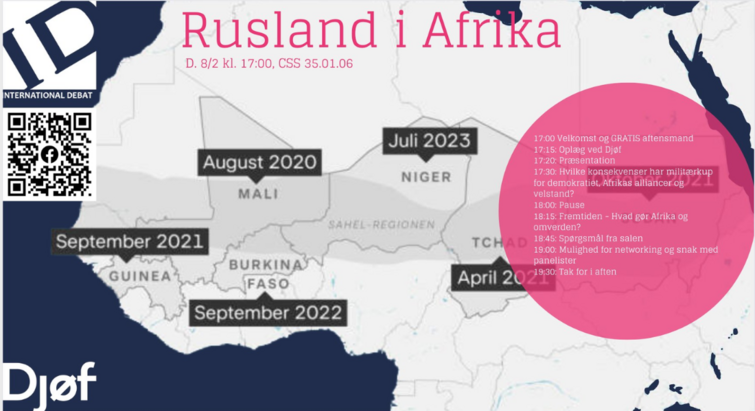
Russia in Africa: Debate
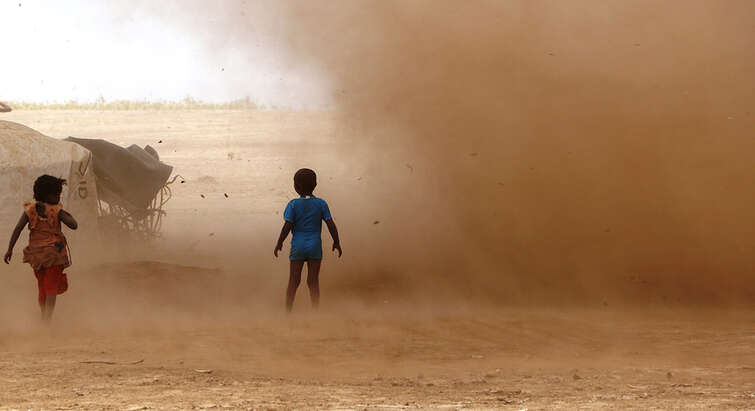
Development economists to conduct climate-related research in five new projects
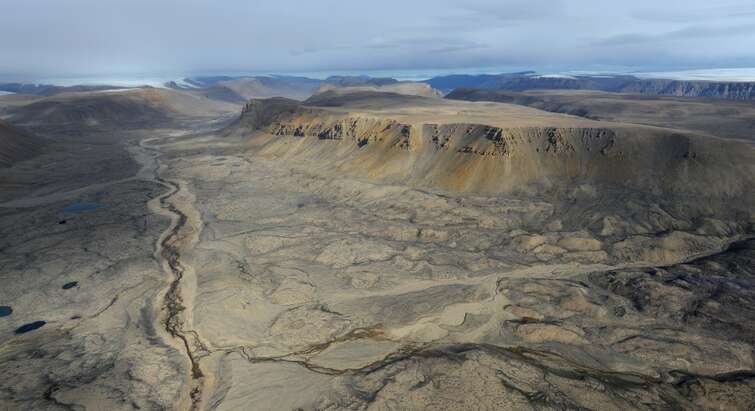
New study reports that Greenland is a methane sink rather than a source
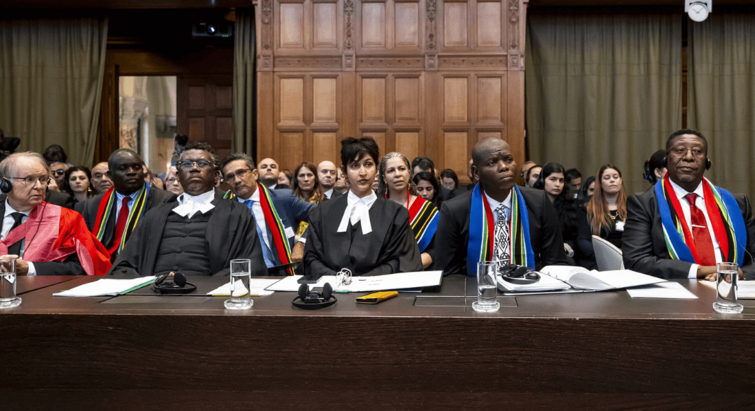
South Africa takes Israel to Court
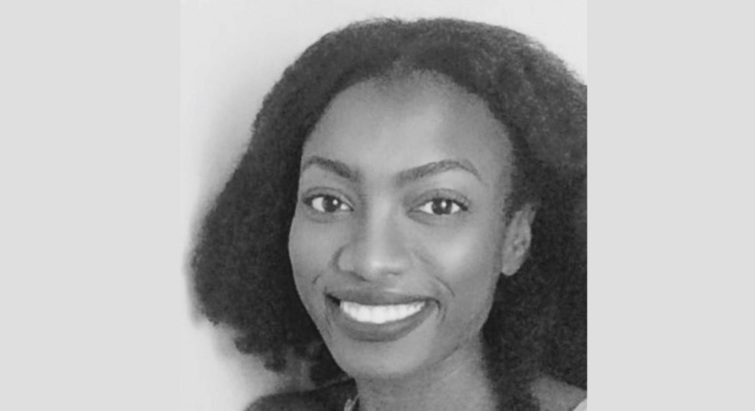
When a Hidden Abortion is better than a Visible Pregnancy

Policy Briefs
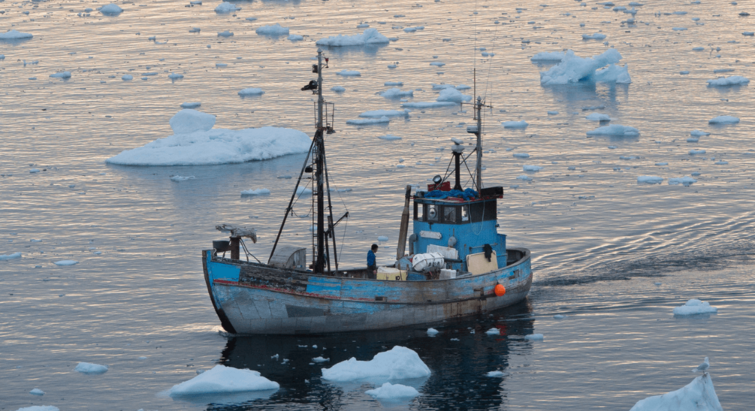
Fiskerilov kan blive katastrofal
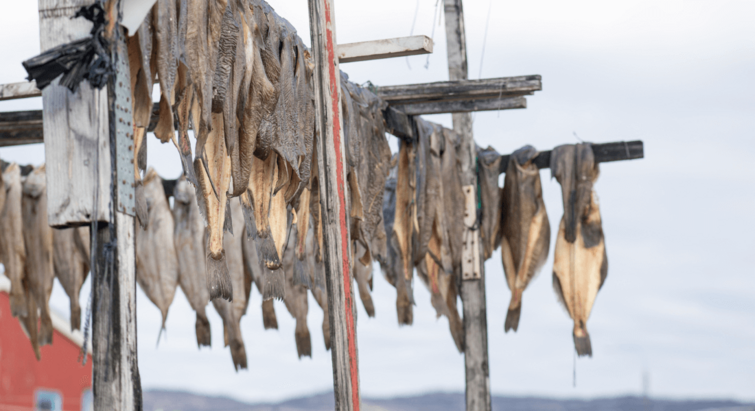
FutureArctivLives sender hørringssvar til forslag til Inatsisartutlov om fiskeri
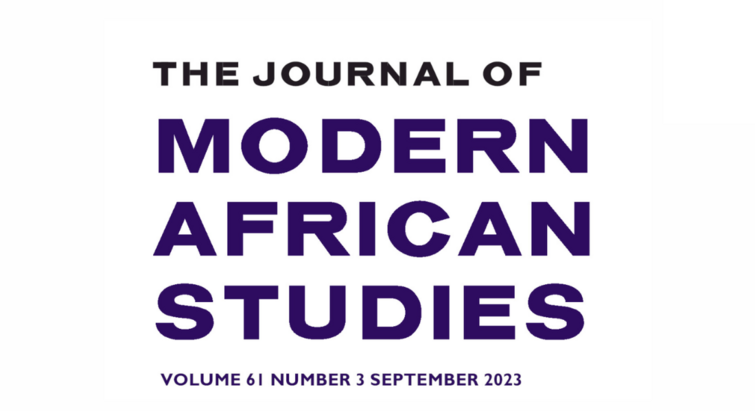
Karen Lauterbach Appointed to Editorial Board
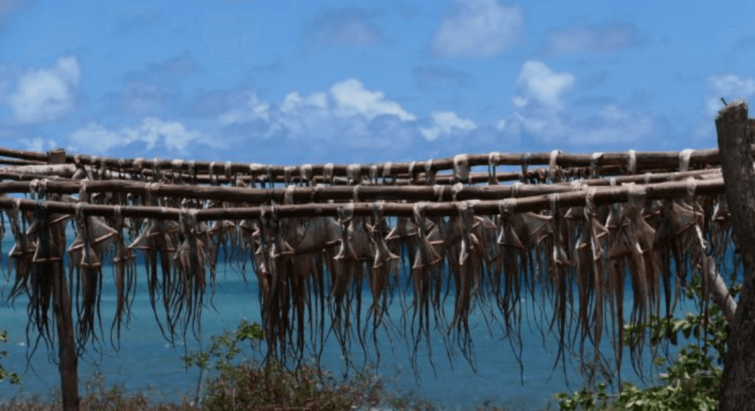
Islands in the Indian Ocean: Development and Biodiversity
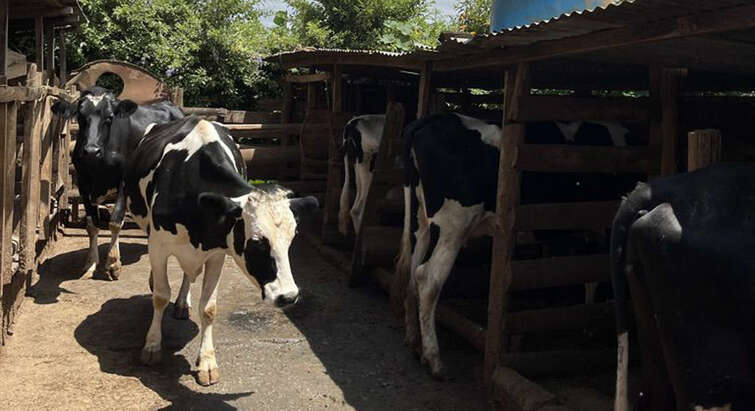
Doing your field work abroad?
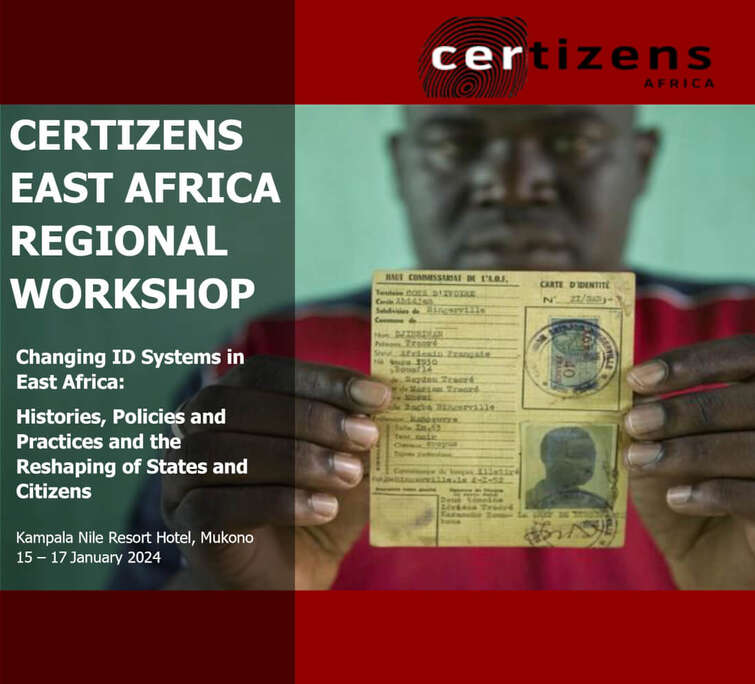
CERTIZENS Regional Workshop on Changing ID Systems in East Africa
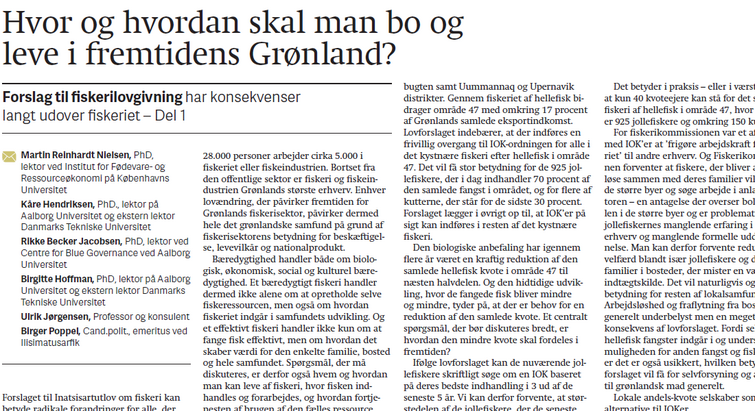
Del 1: Hvor og hvordan skal man bo og leve i fremtidens Grønland?
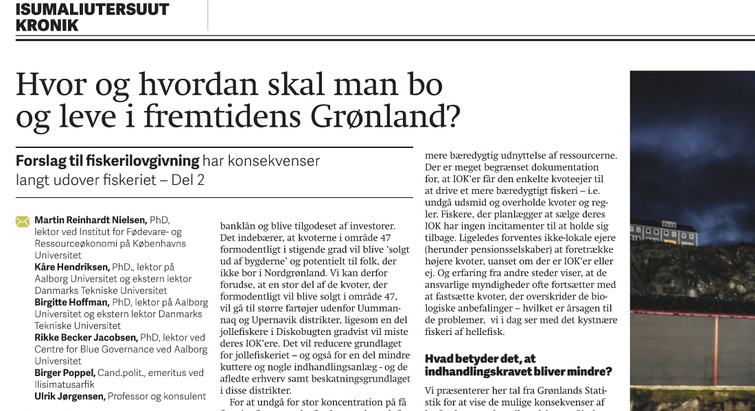
Del 2: Hvor og hvordan skal man bo og leve i fremtidens Grønland?

Gabriëlle La Croix’s Semester Abroad in Pittsburgh, USA
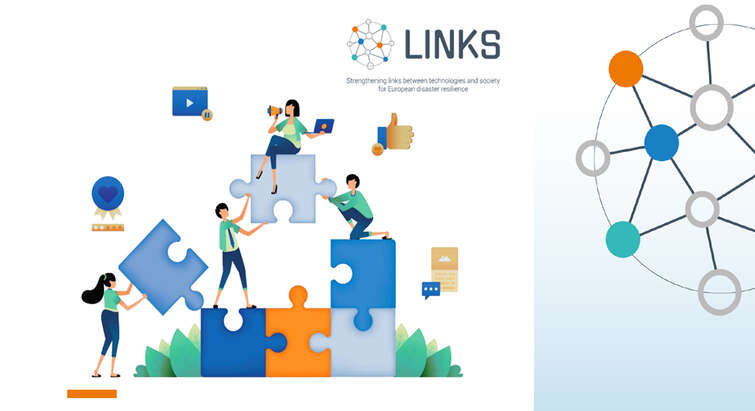
Leveraging Social Media and Crowdsourcing in Disaster Management Processes in Europe
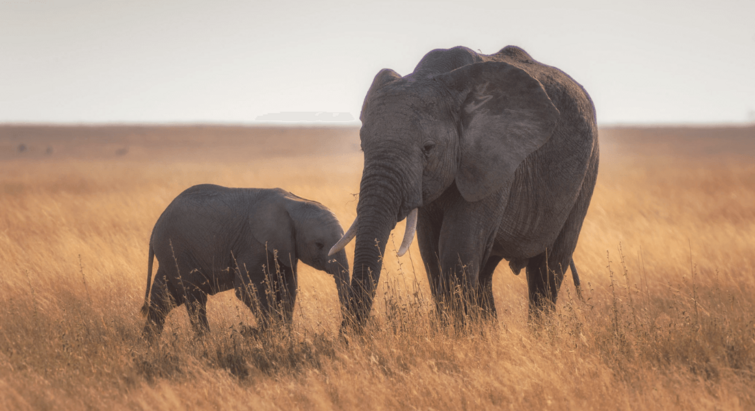
Fighting for Biodiversity in Africa

COP28 - Africa
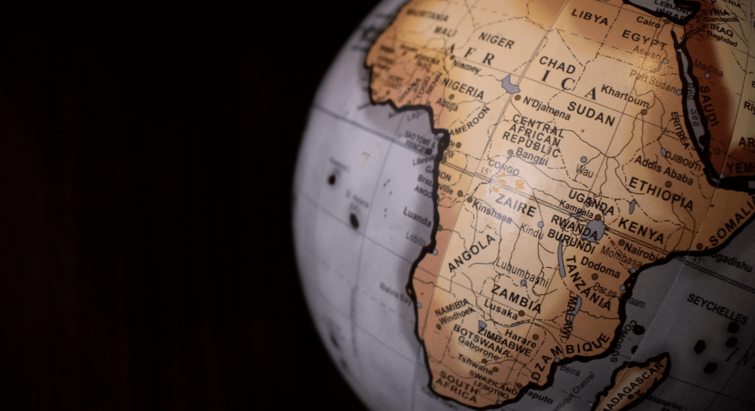
Critique of Denmark's Poor Listening Skills Towards Africa's Climate Goals

Dissemination and Outreach Workshop Report is now available

Danish cattle veterinarians' perspectives on antimicrobial use: Contextual and individual influencing factors

